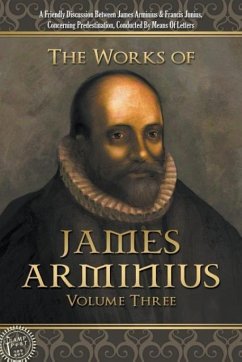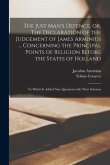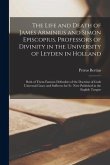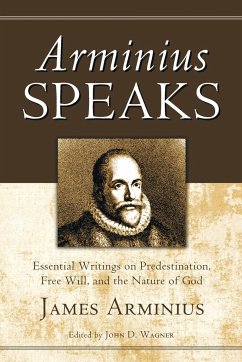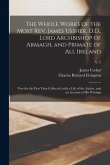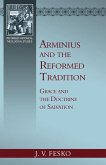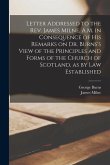This volume is subtitled A Friendly Discussion Between James Arminius & Francis Junius, Concerning Predestination, Conducted By Means Of Letters, the origin of which was a discussion on the subject of Predestination, where Junius endeavoured to defend the opinion of Calvin, by rendering it a little more palatable. The letter of Arminius was divided by Junius into twenty-seven propositions in answering it, and each of them is here presented, with the answer of Junius, and the reply of Arminius, corresponding to it. "God, who is good, does not hate that which is good. All things, at their creation, were good, therefore at their creation, God did not hate any one of all created things: He hates that which is alien from Himself, but not that which is His own: He is angry with our fall and sin, not with His own creation. "-- Francis Junius, Answer of Junius to the Sixth Proposition. Jacobus Arminius (aka Jacob Arminius, James Arminius, and his Dutch name Jacob Harmenszoon), was a Dutch theologian, best known as the founder of the anti-Calvinistic school in Reformed Protestant theology, thereby lending his name to a movement which resisted some of the tenets of Calvinism-known popularly as Arminianism. Lamp Post is proud to present some of the finest Christian literary works of all time-writings that have affected the Church, touched the hearts of its leaders, and helped shape Christianity for two thousand years; timeless books that have endured and are deserving to be included among the Christian Classics.
Hinweis: Dieser Artikel kann nur an eine deutsche Lieferadresse ausgeliefert werden.
Hinweis: Dieser Artikel kann nur an eine deutsche Lieferadresse ausgeliefert werden.

